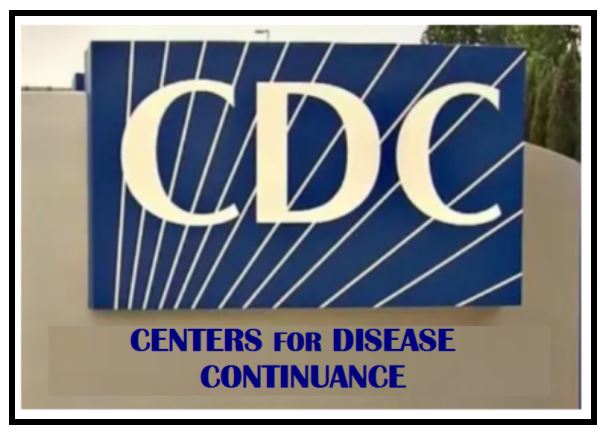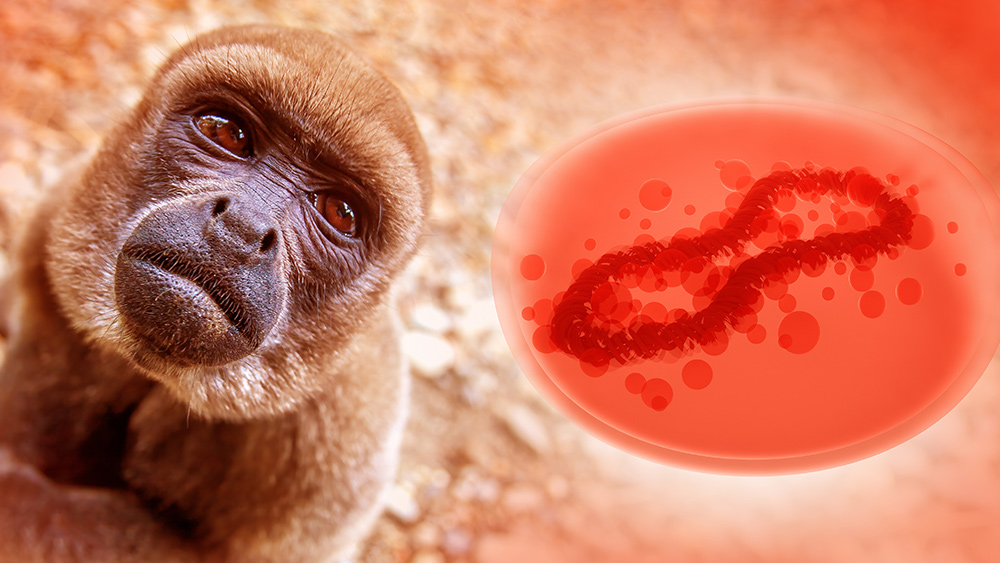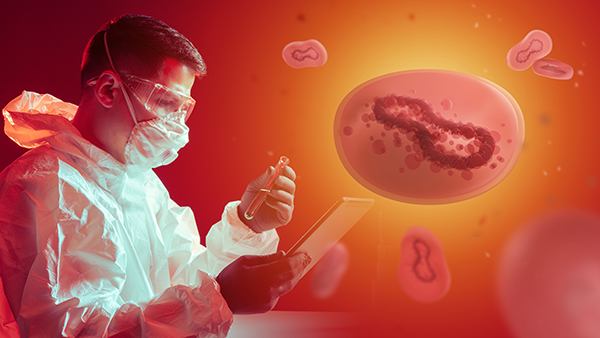NHS data: Nearly 200,000 Brits currently awaiting autism assessment – 30,000 more than the previous year
08/14/2024 / By Olivia Cook

New data from the United Kingdom’s National Health Service (NHS) reveals that a record number of British citizens are seeking autism assessment, with nearly 200,000 currently on the waiting list – 30,000 more than the previous year.
This figure marks a 22 percent rise from last year and is nine times higher than in 2019. The surge has created significant delays, with 90 percent of people waiting beyond the recommended 13 weeks. Notably, two-thirds of those awaiting assessment are children under 17 years old.
Experts are condemning the British health care system as “broken” and urging for immediate reform to prevent missing out on critical early support. National Autistic Society Head of Policy Mel Merritt pointed out that the lengthy waits mean many are missing out on essential assistance. In April, it was revealed that children across the U.K. could wait up to four years for an autism diagnosis. Merritt stressed the need to address the diagnostic delays to restore NHS effectiveness and support people in need.
Autism, a developmental condition, means the brain functions differently from birth although it may only be recognized in childhood or later.
Understanding the surge in autism diagnoses
Experts remain divided on whether the surge in autism diagnoses reflects overdiagnosis or a genuine increase in cases. A study reported by The Guardian reveals that some NHS centers in the U.K. diagnose autism in adults at twice the rate of others.
Autism diagnoses have dramatically risen over the past decades. A 2021 study published by the Association for Child and Adolescent Mental Health, revealed a staggering 787 percent increase in U.K. diagnoses from 1998 to 2018. Autism only affected one in 2,500 children 80 years ago. Today, it is estimated to affect one in 36.
This rise can be partly attributed to better understanding, heightened awareness and more professionals becoming qualified to diagnose the condition referred to as autism spectrum disorder (ASD). As a result, the criteria for diagnosing autism has expanded drastically, bringing in individuals who might not have been previously considered as being within the spectrum, particularly girls and women.
The reasons behind the increase in autism diagnoses remain a topic of debate, with experts and those in the neurodiversity movement unsure whether this rise is due to overdiagnosis or if more children genuinely have ASD.
The neurodiversity movement encourages people to see neurological differences, like autism, as natural variations instead of disorders or problems. This movement has played a big role in changing how autism is understood and diagnosed – pushing for more recognition of different ways people’s brains work.
The term “neurodiversity” was first used in the 1990s to help reduce the stigma faced by people with attention-deficit/hyperactivity disorder, autism and learning disabilities like dyslexia. Since then, it has grown into a movement that supports those who think and learn differently – focusing on their strengths and talents, instead of the challenges, particularly in their social environment.
Study author Dr. Ginny Russell, Mental Health and Development Disorders senior research fellow at the University of Exeter, said the criteria for diagnosing autism may continue to expand, believing that this expansion could eventually lead to almost everyone being categorized as “neurodiverse.”
Russell pointed out that while there might be a slightly higher number of children with mild autistic traits, there is no strong evidence to support a significant increase in ASD cases.
According to Russell, the rise in diagnoses is largely due to expanding assessment criteria that continue to include more people. The study author added that as the definition of autism broadens, it might eventually include individuals like herself who have some “borderline traits.”
Are autism and ADHD being over-diagnosed? Watch this video.
This video is from the Daily Videos channel on Brighteon.com.
More related stories:
Autism rates in the US on the rise; California seeing record numbers.
CDC confirms aluminum in vaccines linked to childhood asthma and AUTISM.
Can sulforaphane help children with autism?
Sources include:
Submit a correction >>
Tagged Under:
ASD, autism, Autism spectrum disorder, brain damaged, brain function, brain health, children's health, disorders, health care, Mind, mind body science, National Health Service, neurodiversity, neurological health, NHS, United Kingdom
This article may contain statements that reflect the opinion of the author



















